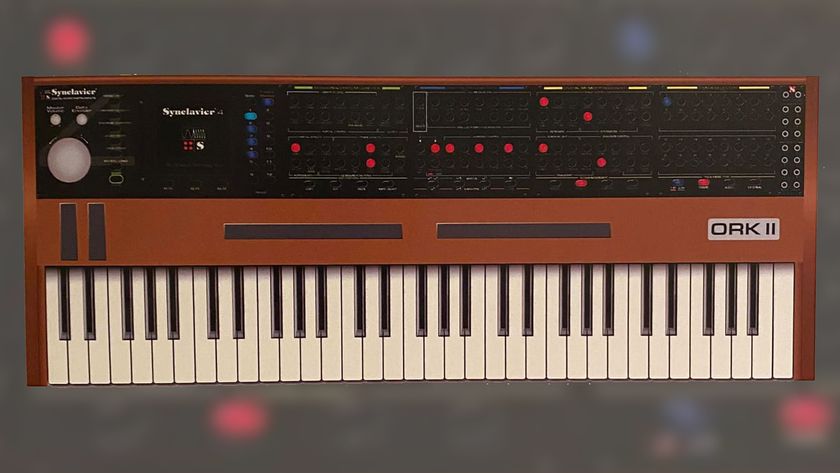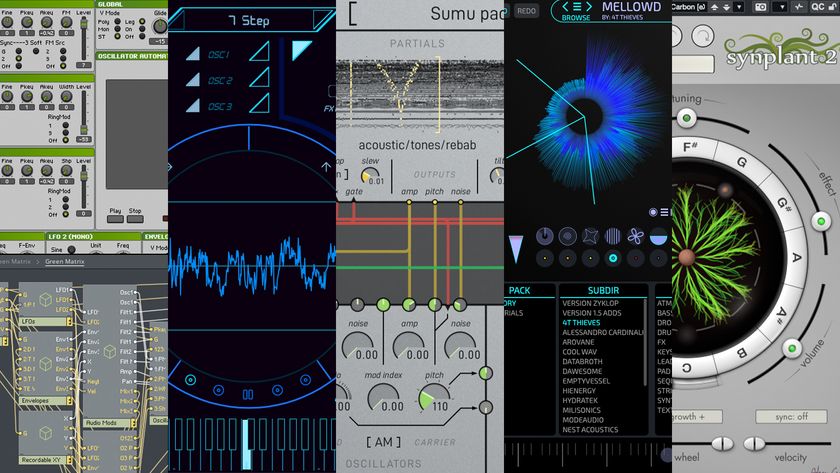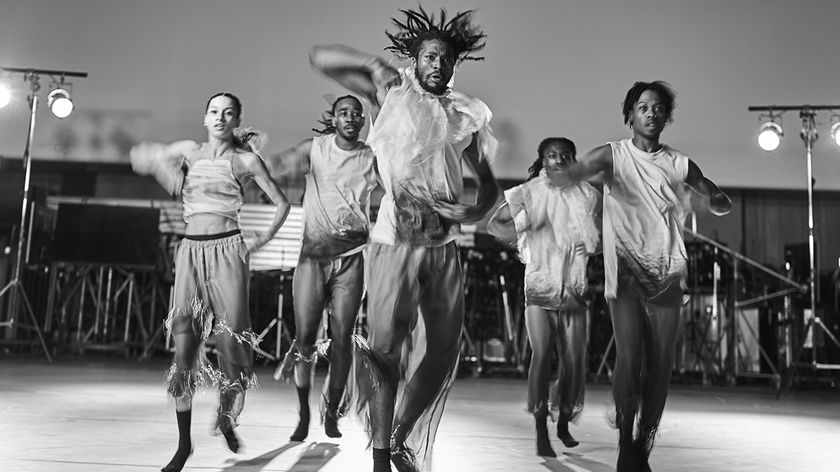Ben Folds to sell 250 pieces of studio gear, including “the dirtiest-sounding” vintage Roland synth
Rock your suburb with this little lot
Ben Folds is the latest musician to set up shop in Reverb, with the piano-pounding songsmith set to sell a whopping 250 pieces of studio gear.
“I consider it a curation,” says Folds, “20 years of my life put into the studio”. The collection contains pieces from throughout the star’s career - from his early days through to the more recent time he spent ensconced in Nashville’s RCA Studio A.
Highlights include a Jupiter-4, which Folds describes as “the dirtiest-sounding” Roland synth, but one that will “test your patience” because of its tuning issues. It was used during sessions with Josh Groban, believe it or not.
There’s also the Polivoks, a Russian analogue synth that Folds enjoys using precisely because he doesn’t understand the labelling on any of the controls. "I don’t speak or read Russian so I have no idea what I’m doing, which is actually really, really helpful, because you have preconceived notions of the things that you do and you don’t like on a synthesizer,” he says.
Elsewhere, there’s a modded Clavinet with humbuckers and hammers that never stick, and a Korg Vocoder that was used on album with William Shatner. The vintage Neumann U47, meanwhile, is a firm Folds favourite; he praises its beautiful three-dimensional mid-range.
Throw in a Kustom Kombo-II organ synth that was purchased from Sheryl Crow, a Hohner Wurlitzer Organ Model 300 that randomly starts playing drums, and a $50,000 mic clip (we kid you not) and you’ve got a pretty diverse line-up.
The Ben Folds Shop goes live on 12 November. Find out more on the Reverb website.
Get the MusicRadar Newsletter
Want all the hottest music and gear news, reviews, deals, features and more, direct to your inbox? Sign up here.

I’m the Deputy Editor of MusicRadar, having worked on the site since its launch in 2007. I previously spent eight years working on our sister magazine, Computer Music. I’ve been playing the piano, gigging in bands and failing to finish tracks at home for more than 30 years, 24 of which I’ve also spent writing about music and the ever-changing technology used to make it.












